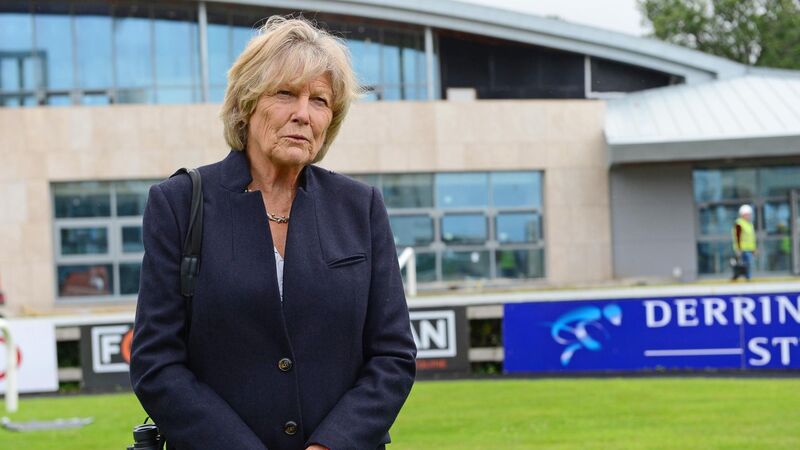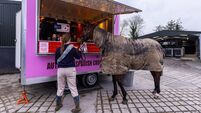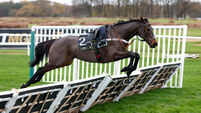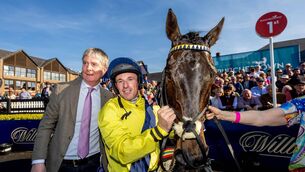Ruby Walsh: IHRB clearly got it right with their Covid-19 protocols

It is hardly the crime of the century but, as a licence holder with the IHRB, Jessica Harrington either had to go directly from home or stay within the designated bubble to go racing at the time










